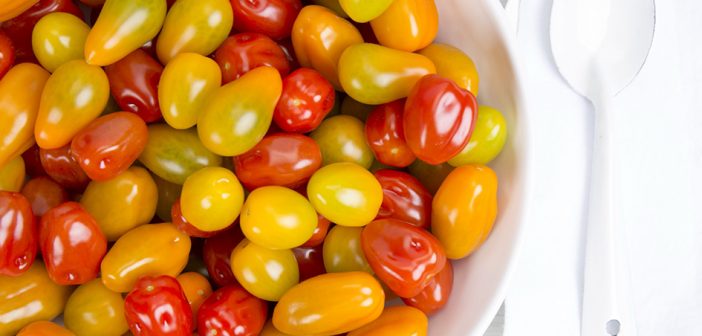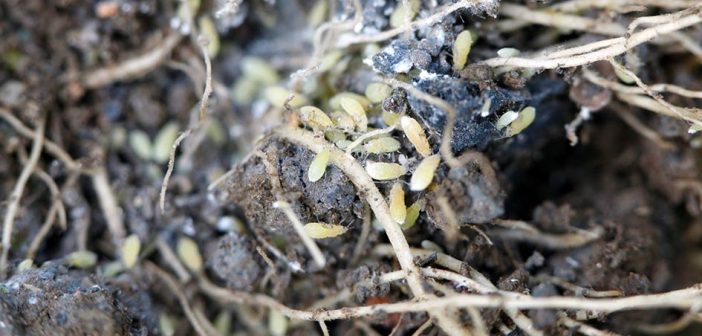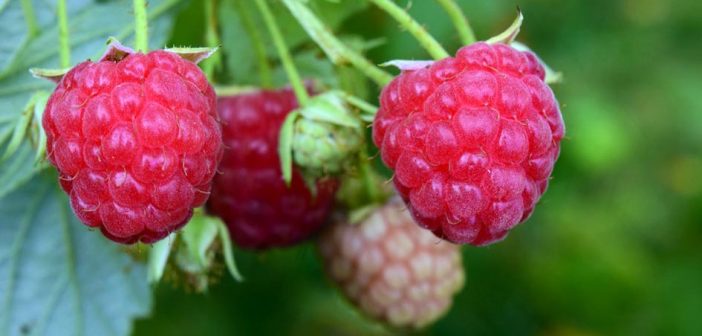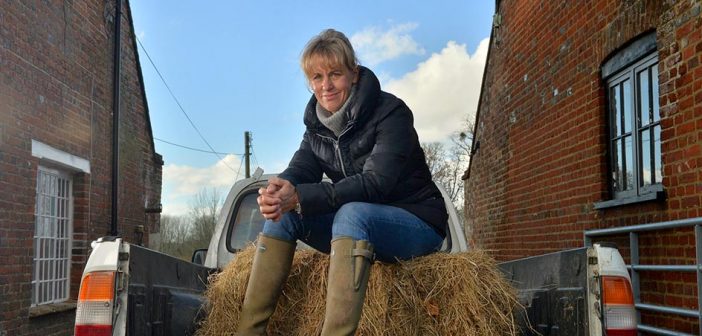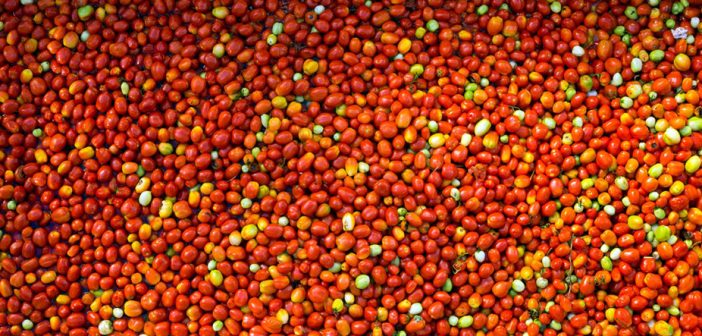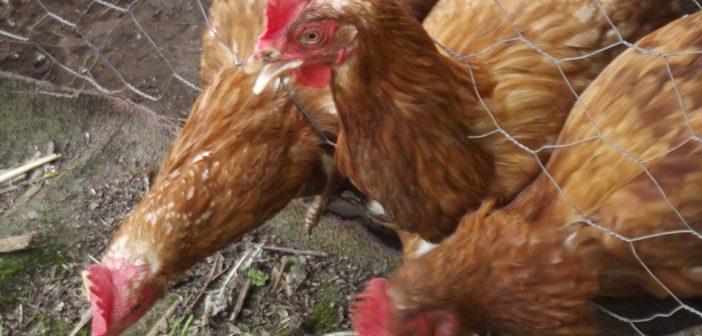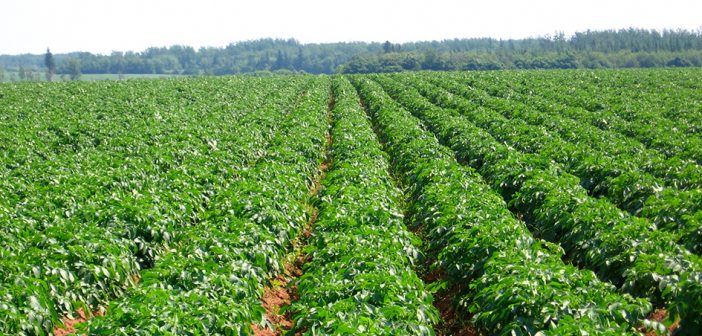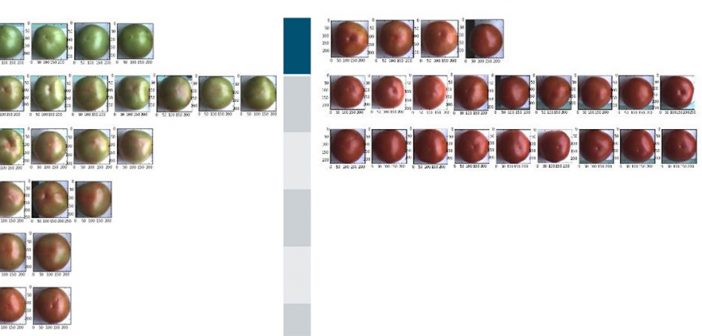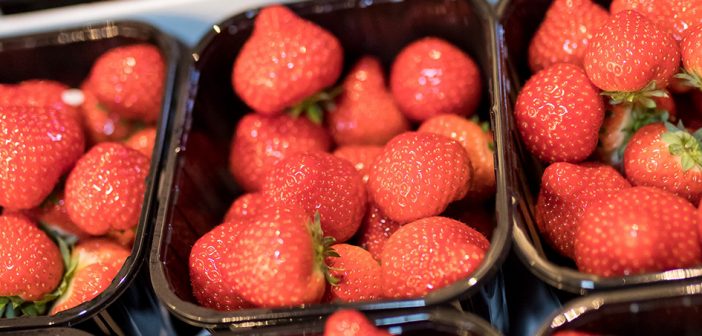AHDB has announced that the National Cut Flower Centre (CFC), based at Rookery Farm near Holbeach in Lincolnshire has secured a further five years of funding.
The remit of the CFC project will also be broadened to include new research into crop protection and nutrition. According to AHDB, “The CFC will continue to identify new commercially successful cut flowers to the UK market and begin new trials for 2018 include research into Fusarium on column stocks, in conjunction with University of Warwick, and weed control, supported by ADAS.
“Budget has been allocated this year to address petal spotting on field-grown sunflowers, which causes losses of up to 2.4million stems per year in the UK.”
The first output from the new remit was presented to attendees at the CFC’s open evening earlier this month, which also featured a mobile, on-site diagnostic laboratory giving growers the opportunity to bring in plant samples for examination and diagnosis.
Previous trials at the CFC have led to the introduction of 11 new commercially grown crops, with a combined potential farm-gate value of £2.9million over the previous five year period.
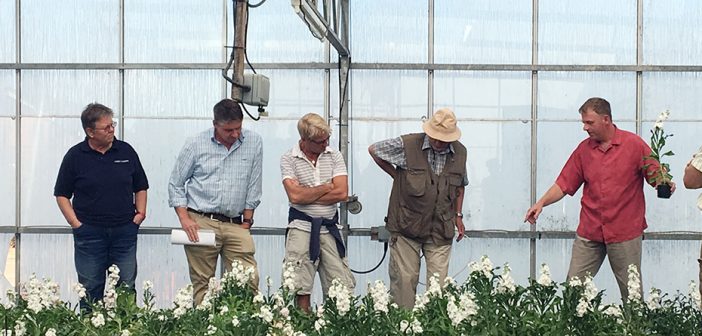
Photo Credit: AHDB Horticulture
The post National Cut Flower Centre secures funding appeared first on Hort News on 20 August 2018.
